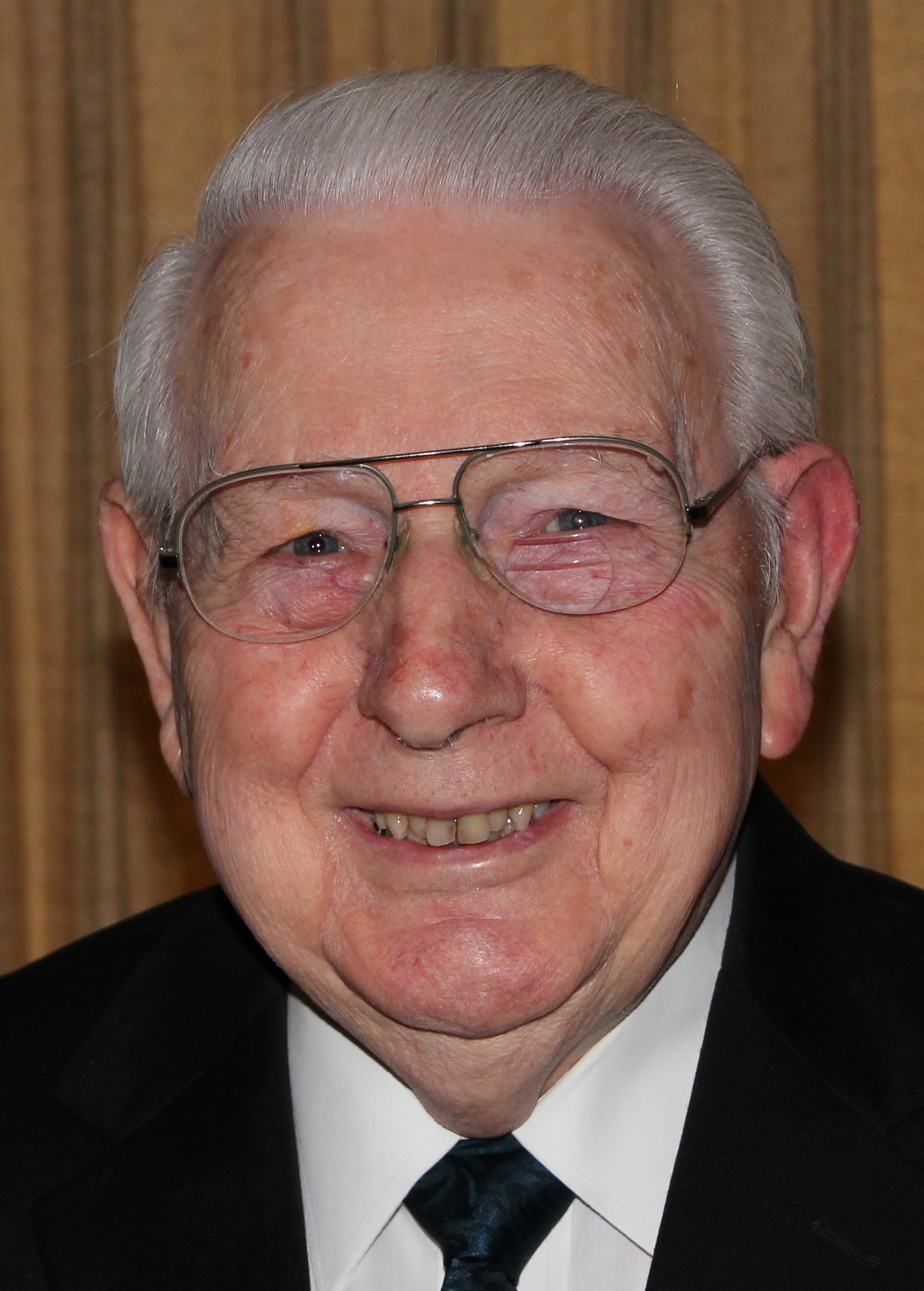 March 12, 2015 (Thursday)
March 12, 2015 (Thursday)
He’s ba-a-a-a-ck. Perched on a wire extended over the street by my house. My annual Mockingbird.
Singing his song. He sings all day. And all night. Day after day.
Like all birds he is classified and named. He is one of 17 species. He’s the Northern Mockingbird, and lives all over our country. Lately he has set up residence in Canada and Mexico. He has a Latin name that means “many-tongued mimic.” He sings the songs of other birds, up to 200 of them, some only in the spring and others only in the fall. He also makes the sounds of insects and amphibians, as well as dog barks, musical instruments and sirens. Personally, I have heard Mockingbirds sing only bird songs.
The Mockingbird is our state bird. It is also the state bird of Arkansas, Tennessee, Mississippi and Florida.

Once upon a time in the 1800’s the numbers of Mockingbirds on the East Coast dwindled because people were capturing them and making them their pets. I guess they loved their singing. But that was long ago and their population has replenished itself.
I saw something one day in my back yard that was amazing, at least to me. I heard a pair of Cardinals in distress. They were obviously in some kind of trouble, sounding an alarm. I looked up and saw them near their nest in a tree. Our cat was nearby in the tree, slinking toward them. They had a reason to be worried and excited. Then he came. He flew in on wings of glory. The local Mockingbird. He perched on a limb where he could see what was going on and assessed the situation. When he had completed analyzing the facts, he zeroed in on the cat and proceded to dive at him and drive him away. The cat began to realize he was fighting a losing battle and retreated. Down the tree he came, scampering to safety. The Mockingbird returned to his perch, the Cardinals settled down, and, realizing his job was done, the Mockingbird flew back to his own corner of the property. It was as if the Cardinals had dialed 911, and the yard police responded to save them. I could almost hear the Mockingbird say, “Just doing my job, folks.” And didn’t I hear one Cardinal ask the other, “Who was that masked man?” What a show!
The Mockingbird heard the distress call, and responded with help. Somehow this causes me to think about Isaiah (Isaiah 6).
Isaiah knelt in the presence of God one day and heard Him ask, “Whom shall I send, and who will go for us? Then Isaiah replied, “Here am I; send me.” There are needs all around us. If we tune to the cries of human need, we can hear what God hears: a world of people in distress, in need of help. God again asks, “Whom shall I send, and who will go for us?” What will our answer be? Are we willing to let a songbird outshine us who are made in the image of God? Do we care? Can we help? Questions for ourselves that deserve answers. Many years before, young Samuel heard the call of God, and answered, “Speak, Lord, for your servant is listening.” Paul heard the call of God on the road to Damascus, and as a result changed the world. He calls to you. He calls to me. Can you hear His call?
“I am only one, but still I am one. I cannot do everything, but still I can do something; and because I cannot do everything, I will not refuse to do the something that I can do” (Edward Everett Hale, 1822-1909).
